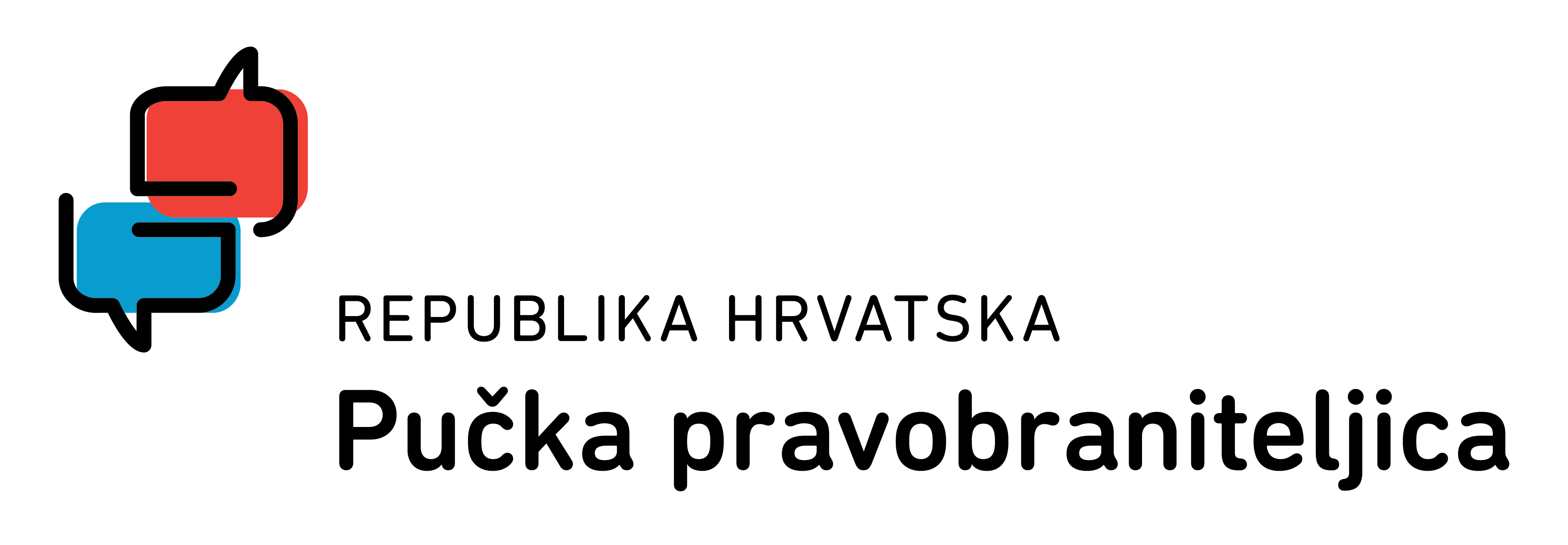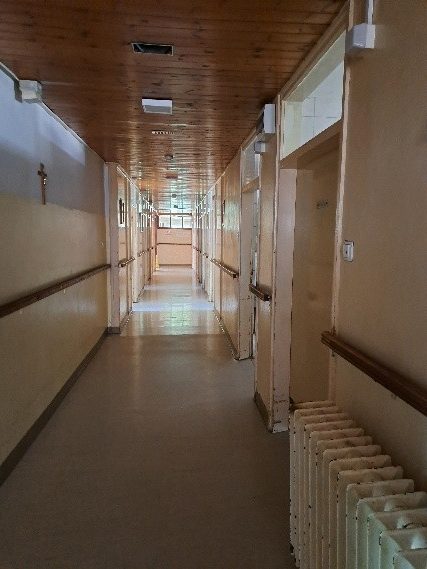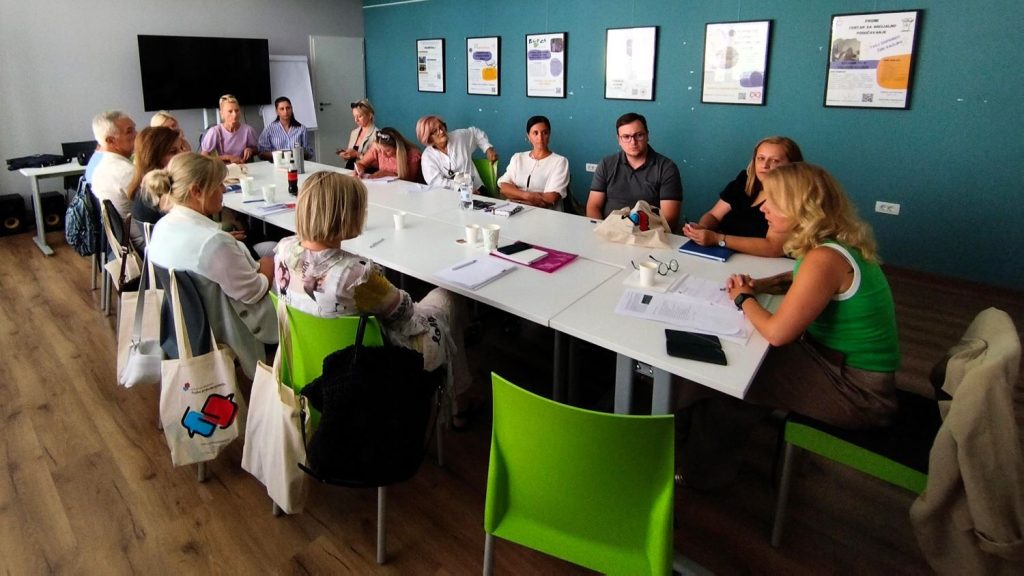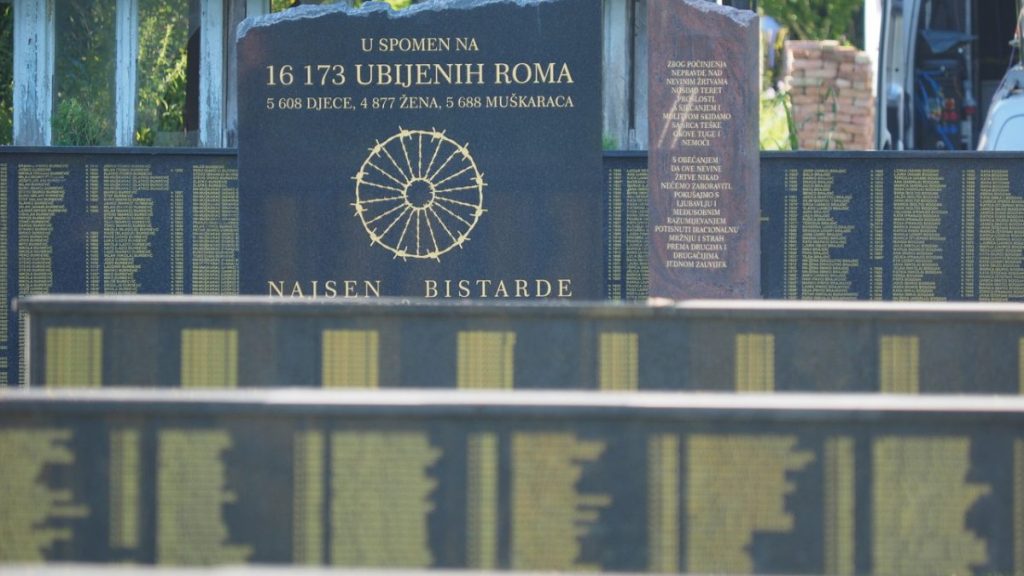The institution of the Ombudsman was introduced into Croatian political and legal system by the Constitution of the Republic of Croatia in the year 1990. Since then, constitutional provisions regulating the status of this institution have been changing, expanding the mandates of the Ombudsman and strengthening its role.
According to the Article 93 of the Constitution, the Ombudswoman of the Republic of Croatia is a commissioner of the Croatian Parliament responsible for the promotion and protection of human rights and fundamental freedoms enshrined in the Constitution, laws and international legal instruments on human rights and freedoms ratified by the Republic of Croatia.
The coming into force of the Anti-discrimination Act extended significantly the mandates of the institution, setting it out as the central equality body in the Republic of Croatia. A new mandate, that of the National Preventive Mechanism, was taken on by the Office in 2012.
In the same period the new Ombudsman Act defined and extended the mandate of the Ombudsman institution in the field of promotion of human rights, outreach, research, institutional cooperation as well as in the field of cooperation with civil society organizations. The Act also stipulated the institutional merger of the Human Rights Center with the Office of the Ombudsman in order to enhance the Ombudsman’s capacity for human rights promotion.
The introduced changes enabled the Ombudsman institution to fulfil to a large extent the recommendations issued to it by the UN bodies. The International Coordinating Committee of National Institutions for the Promotion and Protection of Human Rights (ICC NHRI), UN Human Rights Council’s representative body gathering national human rights institutions, accredited in 2008 the Ombudsman of the Republic of Croatia as an independent national institution for the promotion and protection of human rights with status “A” according to the Paris Principles. This is the highest possible status, prescribing strict criteria for the institution regarding the independence in carrying out its mandates and competences and strengthening its institutional capacities in the promotion and protection of human rights.
In 2014 the Office of the Ombudswoman opened its first regional offices, in the towns of Rijeka and Osijek.
In 2015 another regional office began its work in the city of Split.




